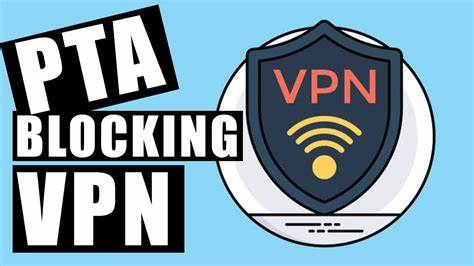Islamabad, Nov 11: Currently the Pakistan Telecommunication Authority has blocked Virtual Private Networks (VPNs) throughout the country.
This has been considered as the right step towards increasing the internet security and reduce cybercrimes.
Yet, it has increased worries with regards to the privacy as well as the information openness.
The PTA ordered to restrict all VPN services which are not recognized by the authority.
The aim is to curb the use of unauthorized VPNs which help perform government-instated internet censorship especially on social media platforms and banned sites.
A PTA spokesperson said, “We aim to create a safer online environment.
Unregistered VPNs facilitate illegal activities, including accessing banned content and evading surveillance, threatening national security.”
VPN Banned
The ban has elicited public and business opposition.
A lot of individuals utilized VPN for safe communication and to secure their data.
Networks also in the area of privacy for online banking and business activities or any other work field.
They also worry that the ban is likely to have an impact on cross boundary commerce, or the ability to work from another country.
Huge firms rely on VPNs to protect their information and dealings with clients overseas.
Digital rights groups have criticized the ban, calling it an attack on internet freedoms.
A digital rights spokesperson stated, “This ban threatens online privacy, freedom of expression, and access to information. While security is important, this move may stifle innovation.”
The PTA’s ban is part of broader efforts to reduce cybercrimes like data breaches and fraud.
However, it has sparked debate over the balance between security and individual freedoms in the digital age.
As the restrictions take effect, it is unclear how businesses, students, and users will adapt.
The government may need to consider alternative solutions to balance security with online access and privacy.



